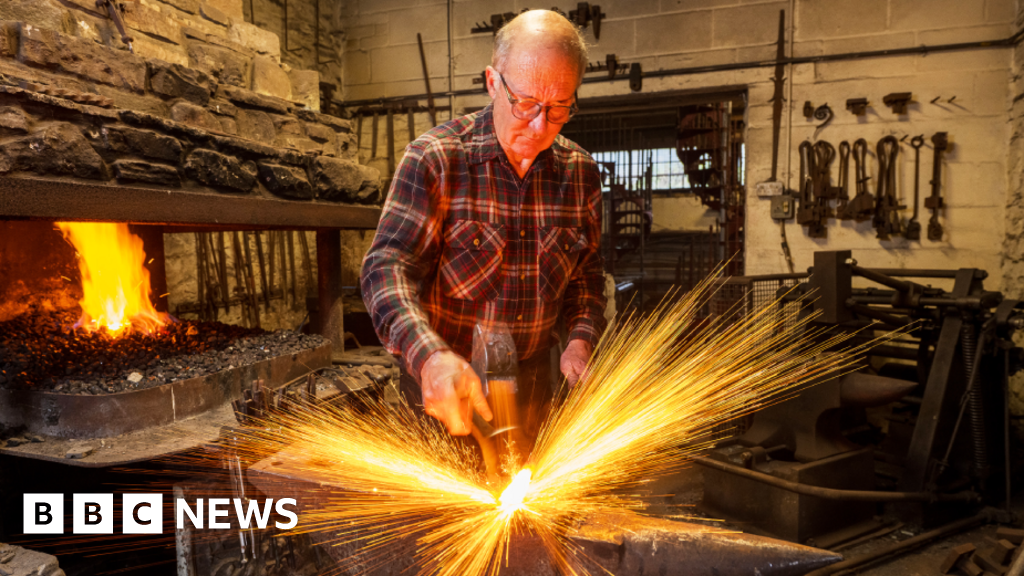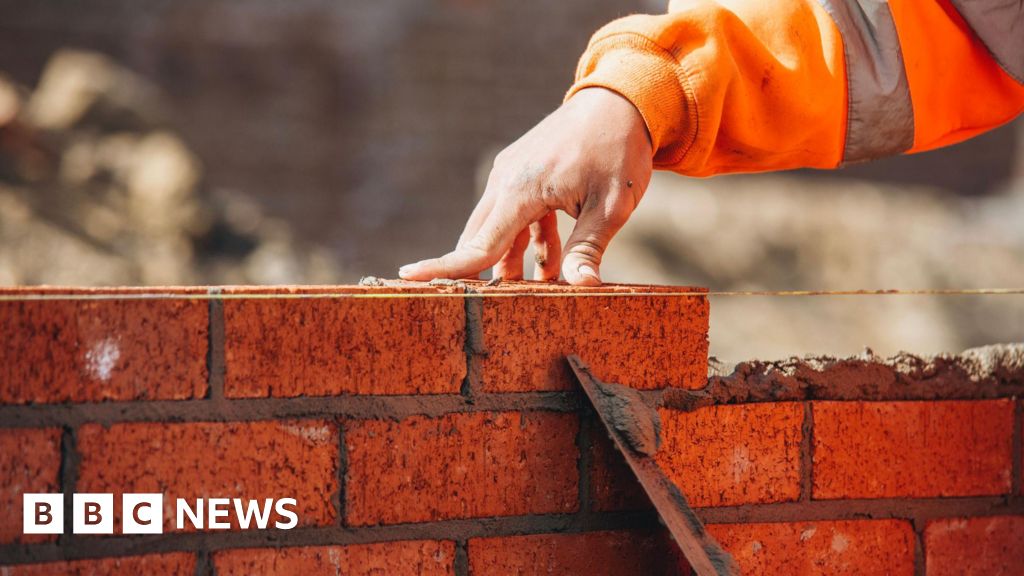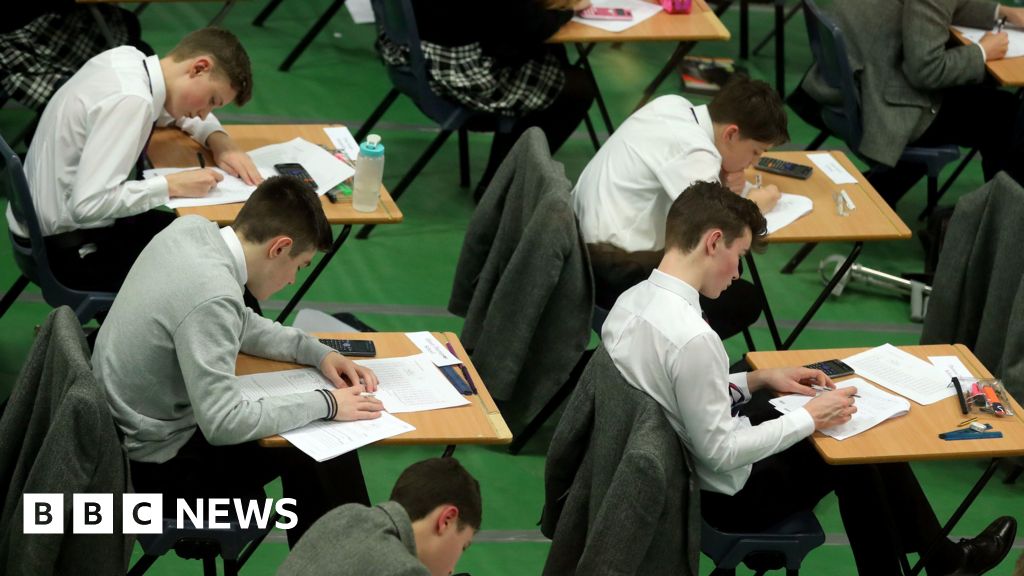Pass rates for Scottish pupils in science, technology, engineering and mathematics (Stem) subjects are “very worrying”, according to a report by education experts.
The Commission on School Reform analysed exam pass rates for secondary pupils taking National 5 subjects with data going back to 2015.
Only 40.1% of fourth year pupils – typically aged 14-16 years old – achieved a pass rate for National 5 mathematics in 2024, while 75.2% passed English. Just over 25% passed the most popular science subject, biology.
The Scottish government said that not all pupils sit National 5 exams in S4.
The Commission on School Reform is an independent group of education experts, set up by think tank Reform Scotland.
Its latest report analyses SQA exam data based on the number of pupils in the cohort, rather than the number which sit the examination.
The report said the “real” pass rate for National 5 examinations are:
- 40.1% in mathematics
- 25.9% in biology
- 22.5% in chemistry
- 17.9% in physics
- 9.8% in computing science
Former Kilmarnock Academy headteacher and member of the commission, Carole Ford, said the data laid bare that there was a “mountain to climb”.
She said the results of the international Pisa survey in 2023 had already shown that Scotland’s outcomes in maths and science were “very poor”.
Speaking to BBC Radio’s Good Morning Scotland programme, Ms Ford said issues like staffing could be a contributing factor to the reason for the decline in student performance, but Scotland does not collect enough data to examine the true cause.
She said: “One of the things that the Scottish government said was they felt that the drop in the number doing maths in particular was because we support a curriculum of pupil choice.
“Pupils are choosing subjects on the basis of where they are most likely to succeed and that’s even more concerning because we have to ask ourselves, why do fewer pupils now expect to succeed in maths and in stem subjects?
“For society as whole, this is not good news. Society develops on the back of an educated population and not having the level of education in sciences and mathematics that other countries do will be to Scotland’s disadvantage.”
Chair of Reform Scotland and former Labour first minister Lord Jack McConnell said it was “very worrying” that less than half of Scotland’s 16-year-olds had passed National 5 maths.
He added: “If our economic future is to be based around industries like renewable energy and health sciences, improving our pass rates in mathematics and the sciences is a matter of critical national importance.
“The deficit in our Stem pass rates revealed by this research is not good enough.”
A spokesperson for the Scottish government said pupils, parents and teachers at individual school’s are best placed to decide at what age national qualifications are taken.
They added: “They are best-placed to determine the correct pathway for each young person and this flexibility and child-centred approach has been a key feature of Curriculum for Excellence for many years.
“One of the most important aspects of such decisions is that young people are entered at the level of qualification at which they have the best chance of achieving success.”


















































